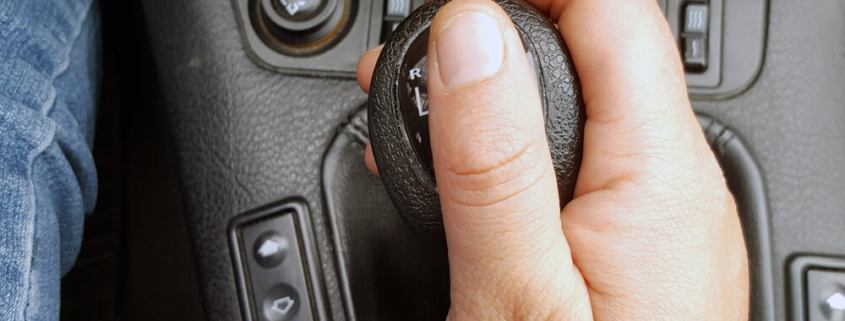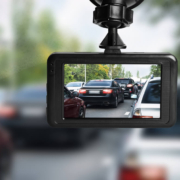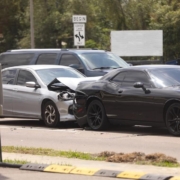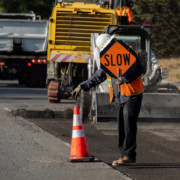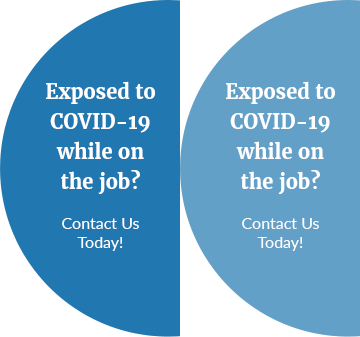Can Your Vehicle’s “Black Box” Help with Your Auto Accident Claim?
When people think of a “black box”, they usually think of airplanes and the recording device that produces valuable data after a crash. For many years, airplanes have been equipped with event data recorders (EDRs) that provide information about how the crash occurred. Many commercial trucks also have EDRs, and these days, there is a pretty good chance that your car has one too.
In 2012, the National Highway Transportation Safety Administration (NHTSA) announced that it would mandate data recorders in all new vehicles produced after September 1, 2014. Although the rule was rescinded in 2019 due to privacy concerns, more than 95% of all vehicles manufactured after 2014 have an event data recorder installed somewhere inside.
If you drive a 2014 or newer vehicle, there is a very good chance that your car is equipped with an EDR, but most consumers are never told this by the dealer or whoever sells them their vehicle. This is something that you should be aware of (if you drive a newer vehicle or if you frequently rent cars), because the information that is available in your car’s “black box” could be very useful if you are ever involved in an accident.
What Types of Information Does Your Car’s Black Box Produce after a Crash?
The exact data that is collected by event data recorders varies depending on the auto manufacturer, the make and model of the vehicle, and the type of EDR unit that is used. But that said, the typical unit will capture upwards of 15 or more variables, and this is data that is recorded starting around 20 seconds before a crash until about 10 seconds after the crash.
Variables that are captured by an EDR after a crash may include:
- The speed the vehicle was traveling prior to impact, as well as changes in the vehicle speed during the recording period.
- The engine RPM at the time of the crash.
- How the steering wheel was used during the time leading up to the crash.
- The duration of the crash.
- The forward and lateral force produced upon impact.
- The use (or lack of use) of seatbelts at the time of the crash.
- Any warning signals or fault codes that were activated during the recording period.
- Engagement of the vehicle stability control system.
- The position of the front seats at impact.
- The weight of the driver and the occupant of the front passenger seat.
- The speed at which airbags were deployed at impact, as well as any faults in the airbag deployment system.
- Any ignition attempts that occurred after the crash.
- Activation of the vehicle’s automatic collision notification system.
- The time between critical points during an accident, such as how long it took from the time the vehicle started to skid until the collision.
- The time of day that the accident occurred.
- The location of the vehicle at the time of the crash.
One thing that is very important to know about vehicle event data recorders is that they only work when the vehicle has been turned on. So, if your car was hit by another vehicle while it was parked and turned off, your car will not have any EDR information available.
Who Can Access the Information Inside an EDR?
Event data recorder information is often not used after an auto accident, largely because many people are not aware of the existence of an EDR. Another reason is that these units are not all that easy to access. This is not a device that you can just unplug from an easy-to-access area of the vehicle and plug into a computer to access the data. It takes some time, effort and know-how to remove it, and the cost to have a professional do it can be as high as $2000.
Although many vehicle owners are unaware that their car contains a “black box” recorder, insurance companies have known about them for years. In addition, insurers often trick vehicle owners into giving them access to this information. All they have to do is get you to agree to have your vehicle damage repaired at a shop that is certified by the insurer.
Is this legal? Unfortunately, it is in most states. All an insurance company needs is the written or recorded consent of the owner in order to access the vehicle EDR, which they can usually get when you sign a standard-looking agreement that says you will cooperate and assist with settling claims. There are 13 states that have enacted stricter privacy laws with regards to EDRs, but Pennsylvania is not one of them.
Why is it a problem if insurance companies obtain EDR information instead of you? Because whether it is your own insurer (which might be the case if you were injured by an uninsured or underinsured motorist) or more often the insurer for the other party, their primary goal is going to be the same – to pay out as little as possible for your injury.
If the data from the black box supports your version of events, there is a good chance that this data will end up being overwritten once you bring it into one of their certified mechanics, which means you will not be able to use it to substantiate your claim. If, on the other hand, the information in the black box is damaging to your claim, then you can expect the insurance company to use it against you.
The important thing here is to understand first of all that if you are driving a newer vehicle and you get into an accident, it is strongly likely that there is an EDR in the vehicle that contains valuable information about the crash. Secondly, as the owner of the vehicle, you are the owner of this information. And thirdly, black box data can be overwritten pretty quickly, and for this reason, it is in your best interests to speak with experienced auto accident attorneys as soon as possible to discuss the specifics of your case and how to ensure that this valuable data is preserved.
Contact Our Well-Established Pittsburgh Personal Injury Firm
Can your vehicle’s black box help with your car accident claim? It is very possible that it could. But EDR information is not always easy to get a hold of, and there are some instances in which it might not be useful (for example, if the data would show that you are more than 50% at fault for the accident).
The best way to find out what kind of case you have is to speak with one of the attorneys at Caroselli, Beachler & Coleman. We have been fierce advocates for injury victims in Pennsylvania since the early 1970s, and over the years, we have established a successful track record obtaining favorable outcomes with even the most complex cases. To schedule a free consultation and case assessment with a member of our legal team, message us online or call us today at 412-567-1232 or toll-free at 866-466-5789.

